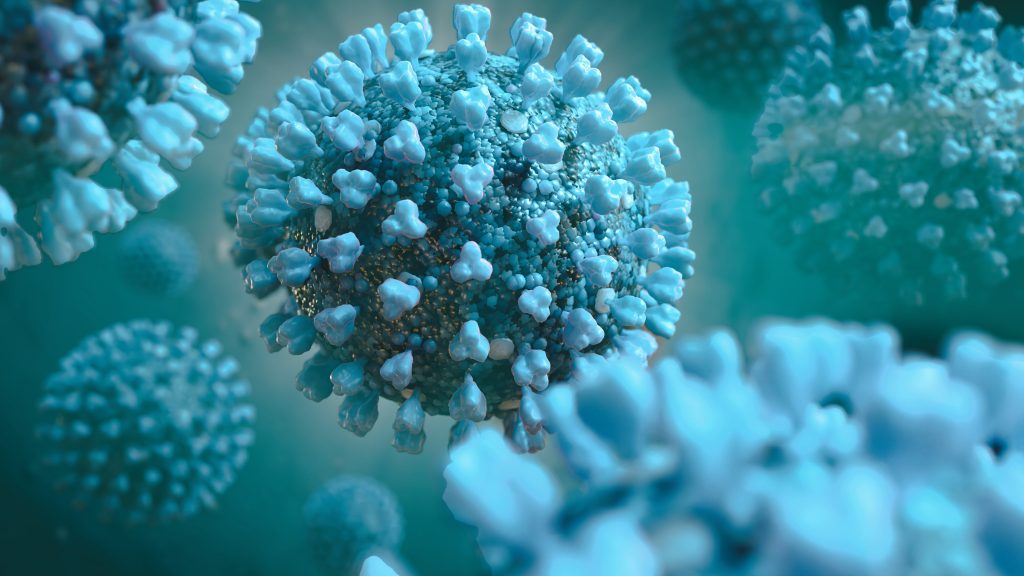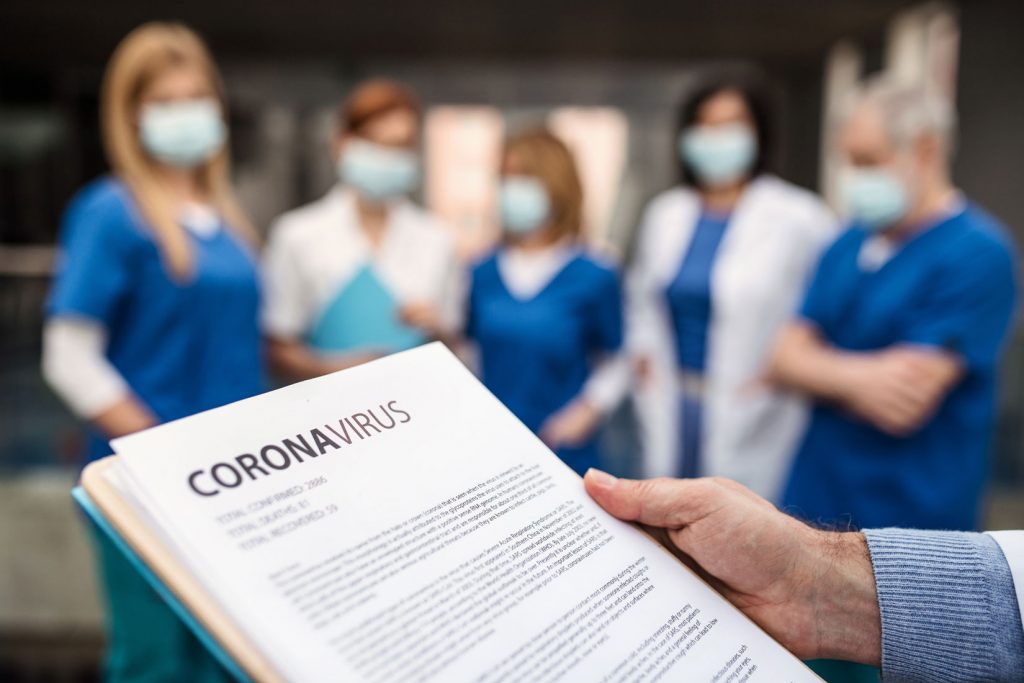There is a lot of misinformation surrounding the Coronavirus. Between the toilet paper-buying panic and the rapidly evolving disease itself, learn what COVID-19 means when you are contract nursing.
Whilst WHO has now declared COVID-19 a pandemic, we must remember that labels do not change infection control protocol. As nurses we are well versed in infection prevention and can lead the charge for the public, with the hope to reduce some panic and misinformation.
What we know about COVID-19
COVID-19 is a respiratory disease caused by a novel coronavirus. COVID-19 is part of a large family of viruses that are common in people and animals that, in rare cases, can lead to severe respiratory problems and death. What has changed? Typically, animal coronaviruses do not infect people.

There is still much to learn about this new disease including how easily it spreads. According to The Australian Government Health Department, it is thought that person to person transmission happens via respiratory droplets among close contact.
Healthcare personnel are caring for patients with confirmed infection with coronavirus disease. Naturally, that brings an increased risk of exposure but following infection prevention and control guidelines can minimize your risk of exposure.
Protecting yourself
As a travel nurse you are in a unique situation away from what’s familiar. Except that is not entirely true. Your education, training, and skills transcend any physical location. Trust what you know. Every nurse has heard the adage, “follow the protocol,” and that still applies. Adhering to National Safety and Quality Health Safety Service Standards on Infection and Prevention and Control Systems recommendations for infection prevention and control is critical:

- Know the Policy: check with your NUM or DON to ensure you know your facility’s isolation protocol. For smaller facilities, when are patients transferred? For larger facilities, do they have a particular floor designated? Airborne infection isolation room?
- Follow Protocol: use standard precautions and complete each and every step before or after patient contact or contact with potentially infectious materials. Following protocol applies to hand hygiene too.
- PPE: if it has been a while since you have used PPE, practice. Here is a quick guide from World Health Organisation re how to properly don and take off PPE
For rural and remote practitioners, The Australian Government Health Department has provided guidelines for First Responders.
It is also particularly important to look after your own mental health and wellbeing. Read some of our top tips for managing your mental health here.
What is Affinity Doing?
The health and safety of all Affinity staff remains our top priority.
Although COVID-19 is attracting a great deal of attention, John Hopkins Medicine (US) states that as at 9th March, influenza has had a greater impact than COVID-19.
However rest assured, as much as you see news about Coronavirus and Influenza; your Affinity team is too. In fact, Affinity is actively communicating with each Health Department regarding COVID-19 preparedness and the safety of our staff.
We are in a fast-moving evolving situation and as with any new strain of virus, the guidance for healthcare workers is being developed and updated frequently.
If you have any questions on what COVID-19 means when contract nursing please reach out to your placement consultant, they are more than happy to help.
If you would like to learn more about how Affinity Nursing Recruitment can support you, register today and someone in our team will get in contact.
You may also like:






